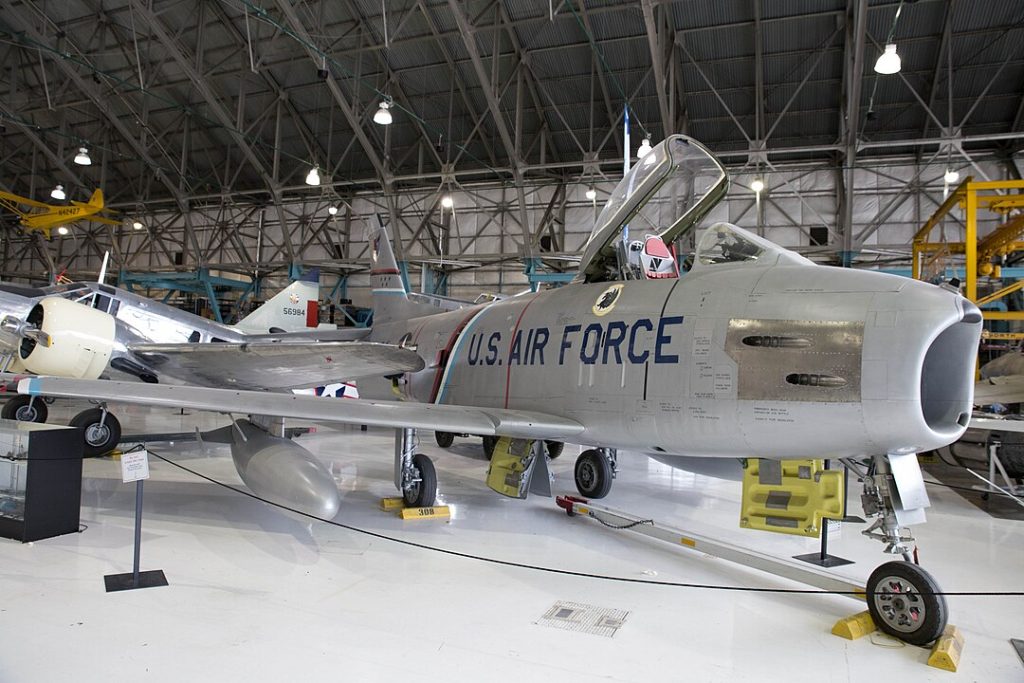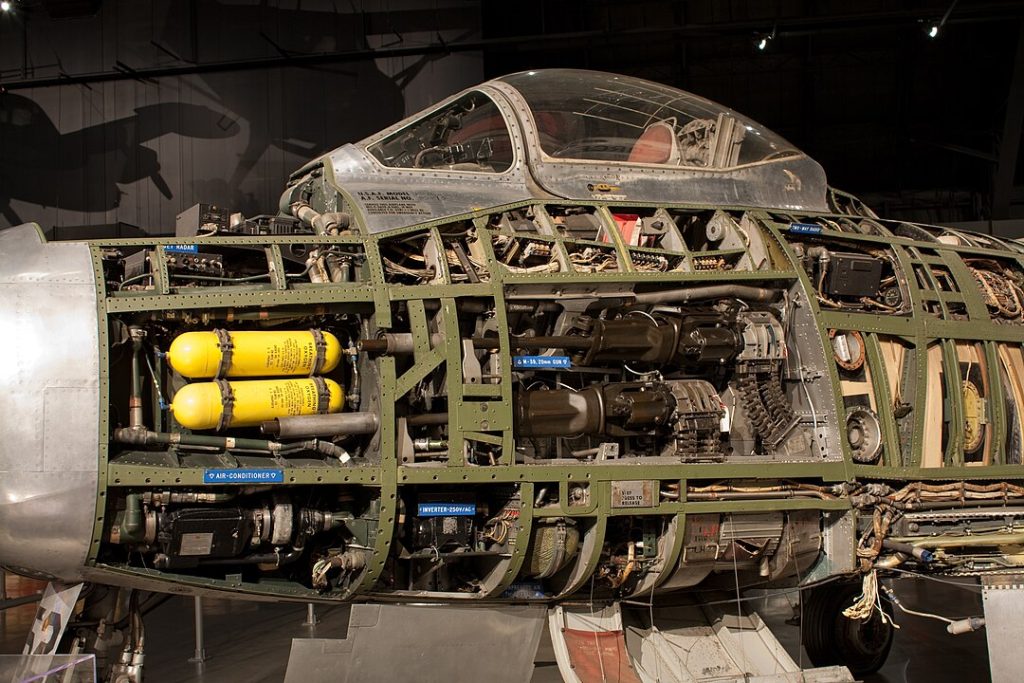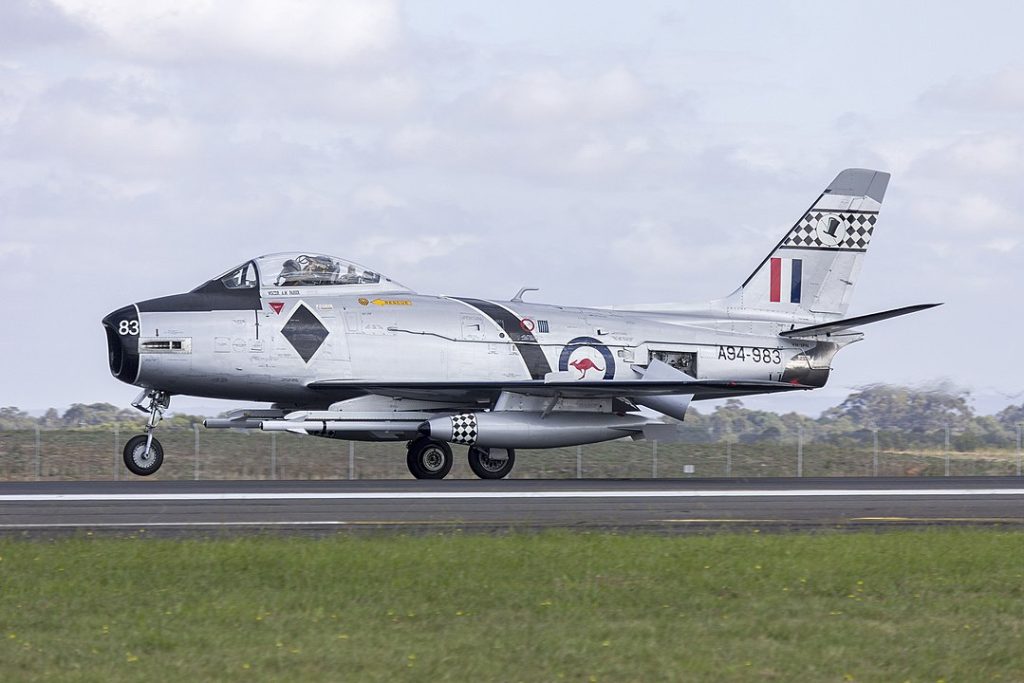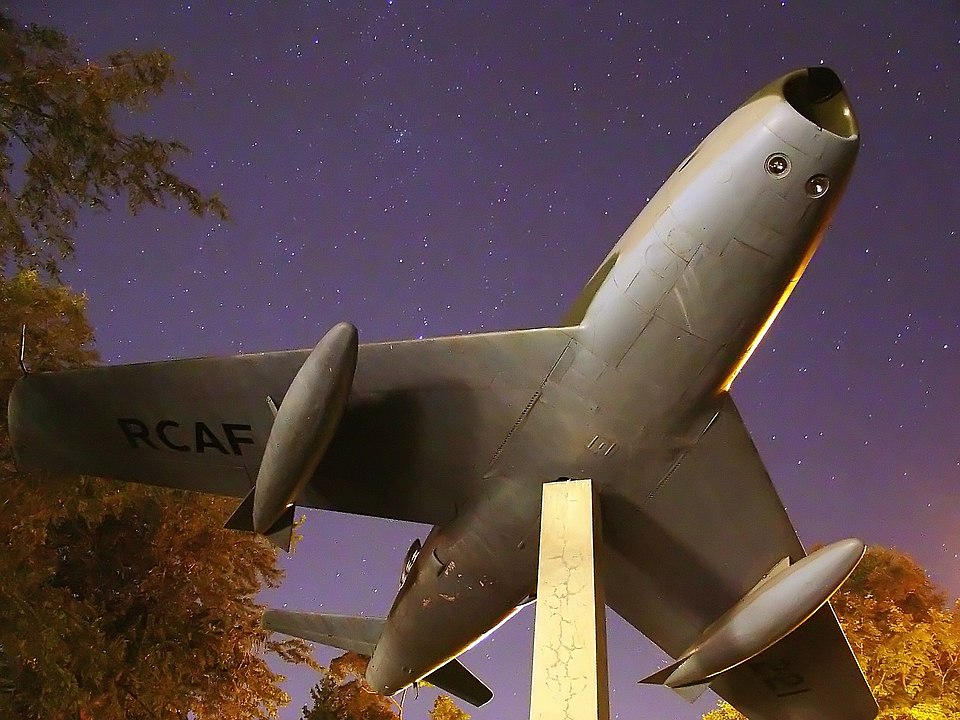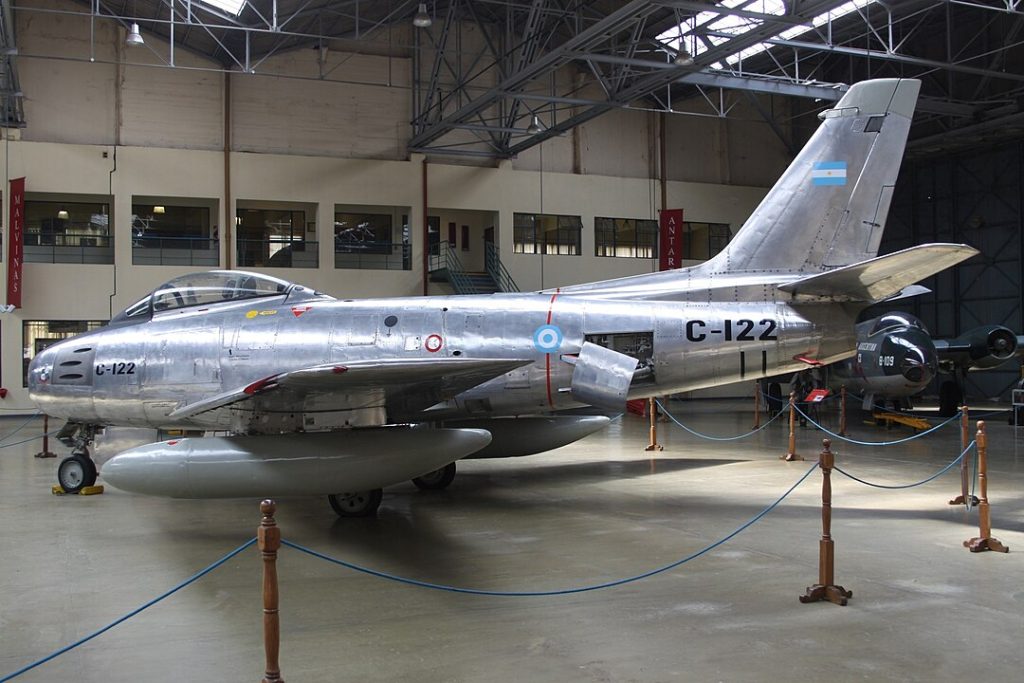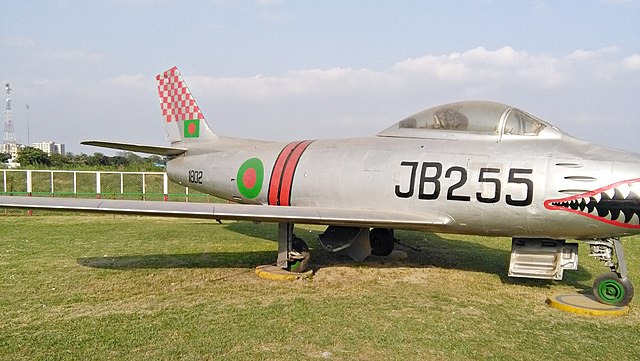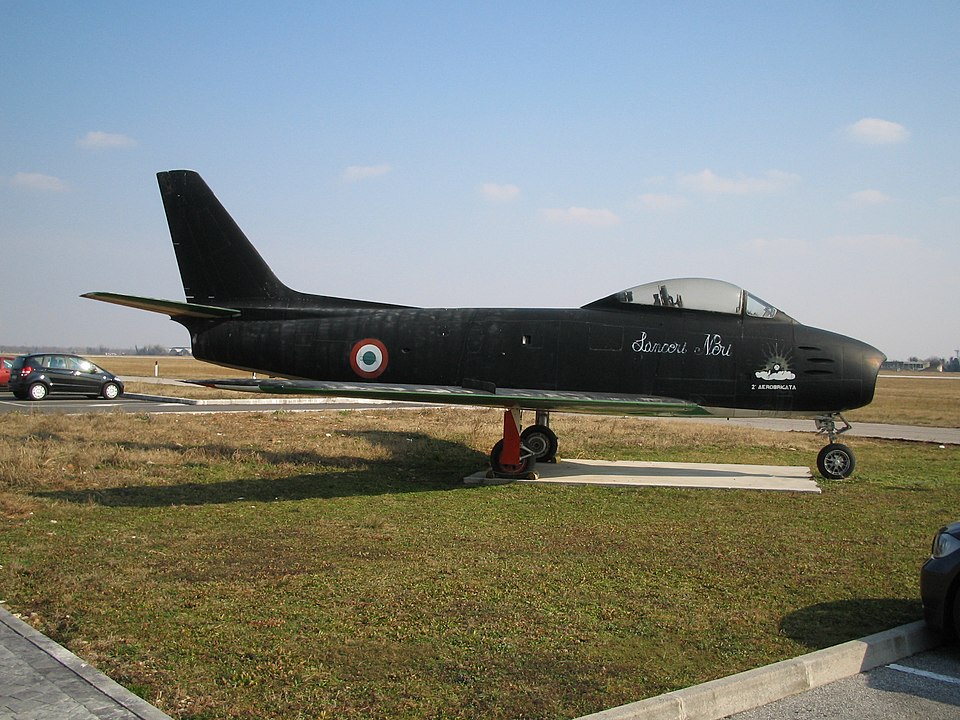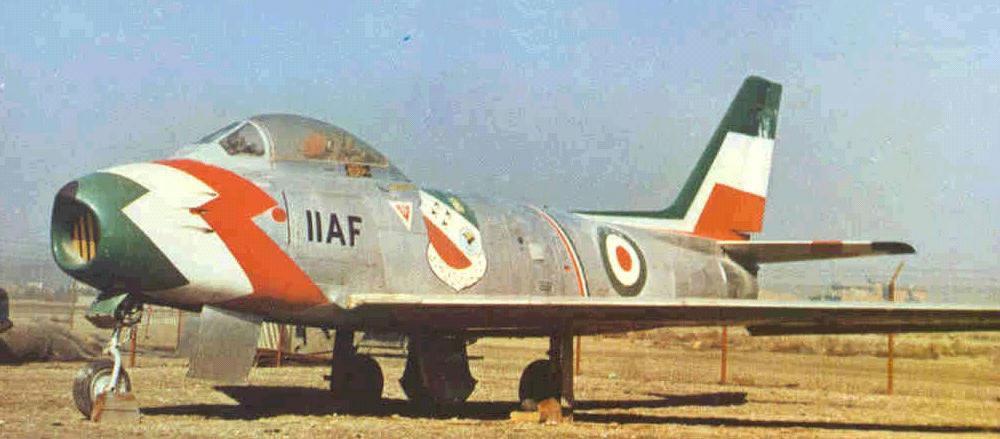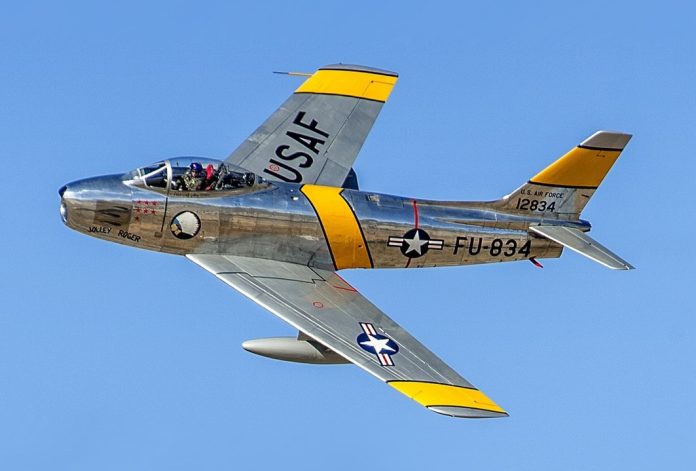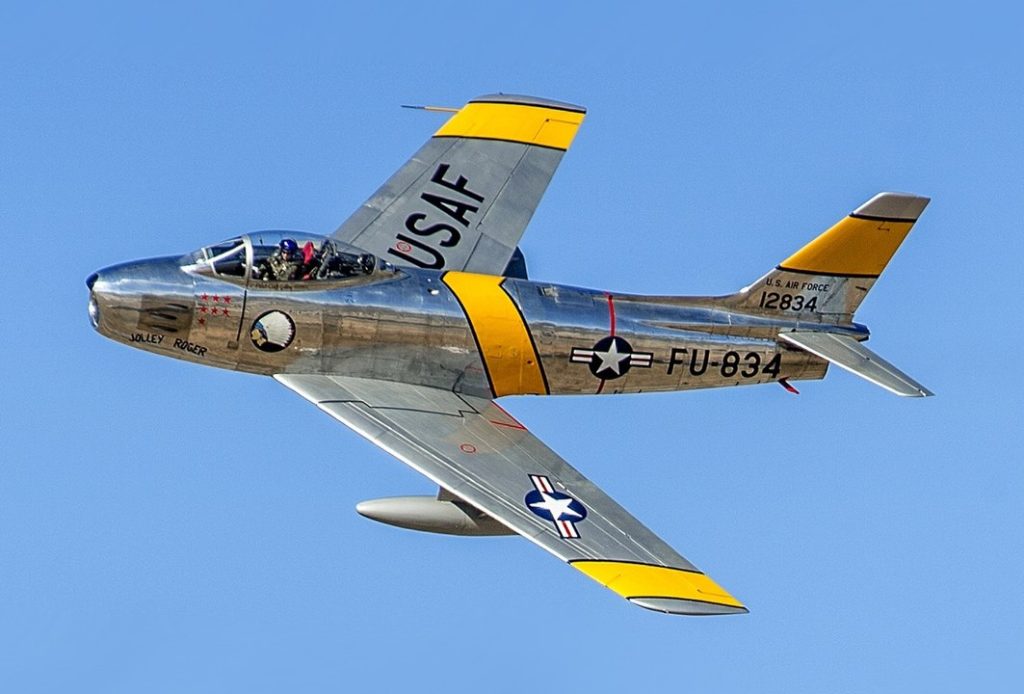
The North American F-86 Sabre, a name that conjures images of aerial duels over the Korean skies, stands as a testament to aviation excellence. More than just a relic of the past, the Sabre is a symbol of an era when the skill of the pilot was paramount, and the craft they piloted—a blend of engineering prowess and daring design.
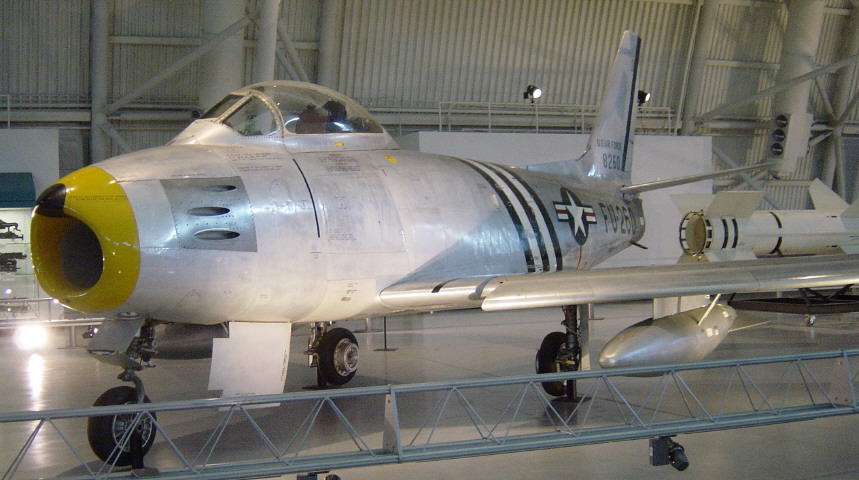
With fewer than two dozen airworthy F-86s in the United States, the challenge of becoming a qualified Sabre pilot in the modern era is a complex endeavor. The transition from flying modern trainers or even vintage aircraft like the T-33 to mastering the Sabre requires a step-by-step approach. As one experienced pilot put it, “it’s a natural stepping stone to the F-86.”
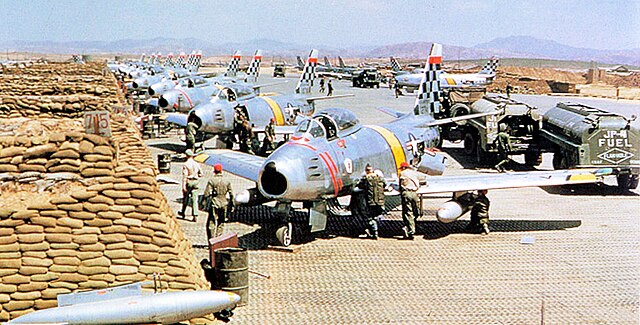
The Sabre’s dominance in the skies is not merely due to its design but also its handling—something that has earned it the reputation of being the best-handling fighter of its time. As another testament to its storied past, “Sabre pilots shot down 792 MiGs in Korea, and only 76 Sabres were lost,” a reflection of its success in dogfight scenarios against its contemporaries, especially the Soviet-built MiG-15.
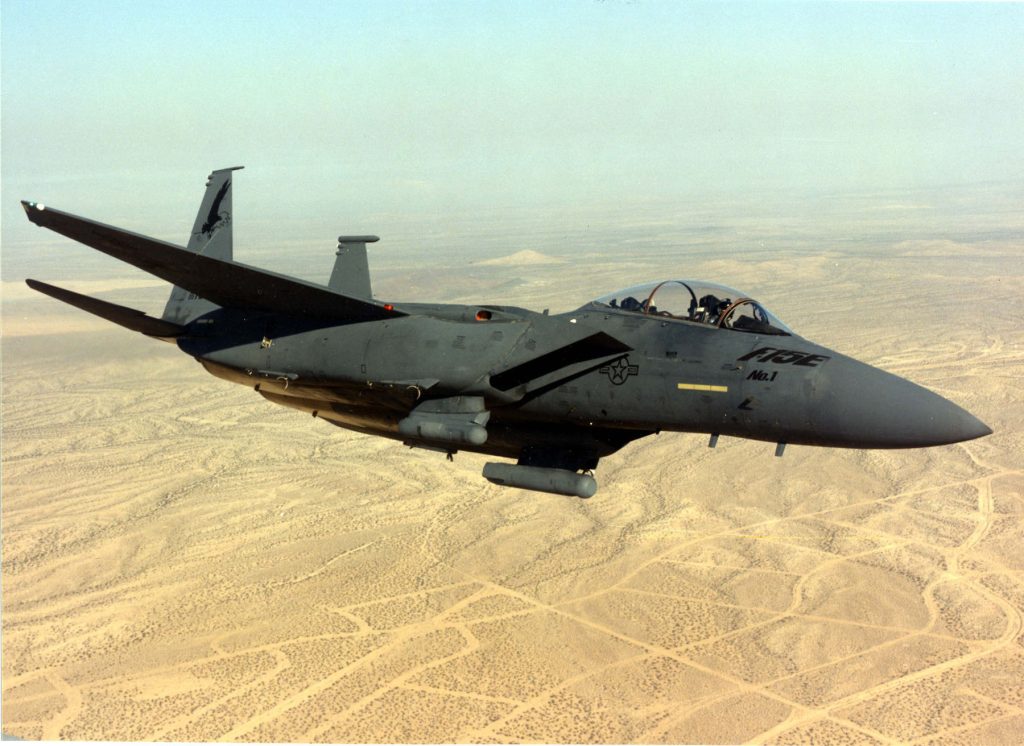
The journey to becoming a Sabre pilot today is not for the faint-hearted or the inexperienced. “You’d certainly need experience flying a high-performance jet,” advises Steve Kirik, a former F-15 pilot and one of the FAA examiners for Sabre certification. The Soviet-built MiG-15 is often the starting block for civilians, given its similarity in systems philosophy to the F-86, making it a suitable precursor for the Sabre.
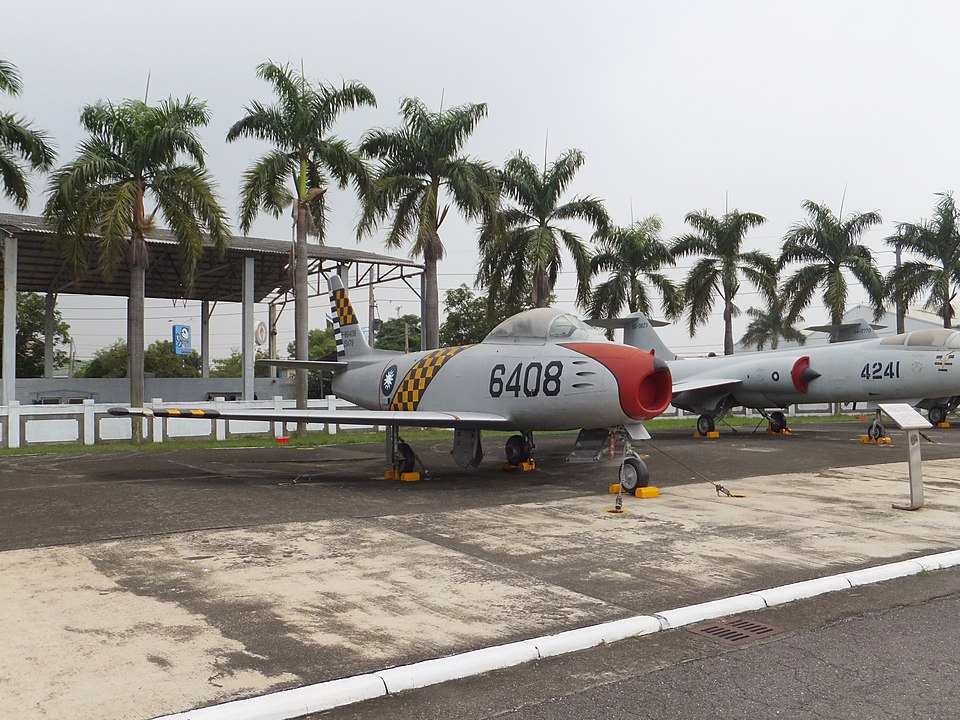
Flying an F-86 is a balance of respecting its responsive nature at high speeds while savoring its stable behavior. As Rich Sugden, a former Navy flight surgeon and owner of an airworthy FJ-4B Fury and Canadian-built Sabre, notes, “Little tiny changes in pitch and roll produce rapid changes in altitude and bank angle. The F-86 is pretty stable, but at high speed it’s very sensitive.”
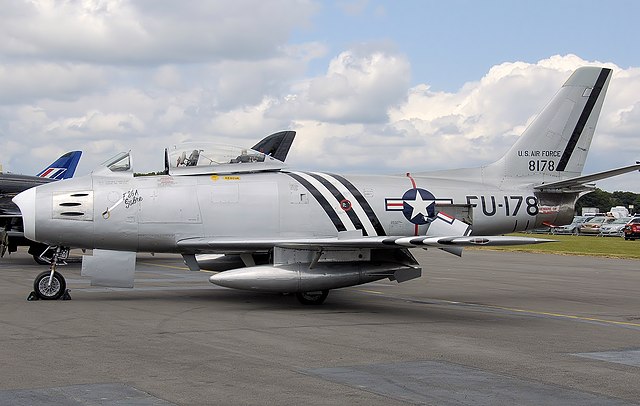
Acquiring an F-86 is a feat in itself. Almost all of the Sabres removed from U.S. service were destroyed to prevent them from flying again, in line with Department of Defense policy. However, a few, like the only flying F-86A, which was salvaged before the strict enforcement of this policy, have survived to fly another day.
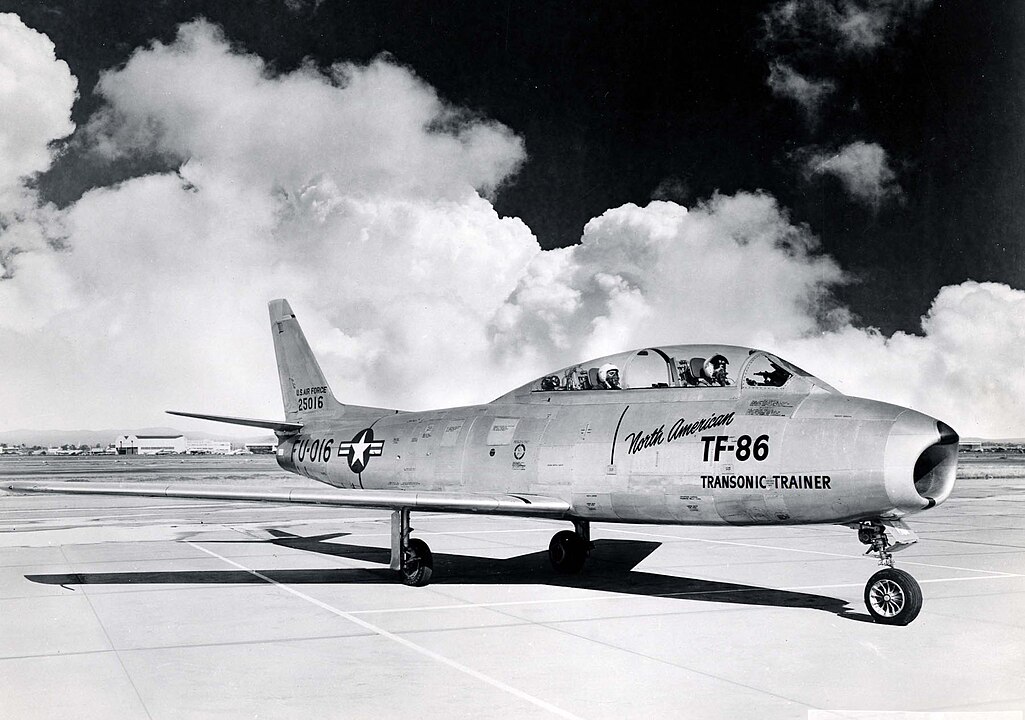
The Sabre’s evolution through its various models—from the original XP-86 to the F-86F and the all-weather interceptor F-86D, affectionately known as the “Sabre Dog”—highlights the versatility and adaptability of this aircraft. Each variant introduced improvements from enhanced armament to more powerful engines and control system modifications.
related images you might be interested.
